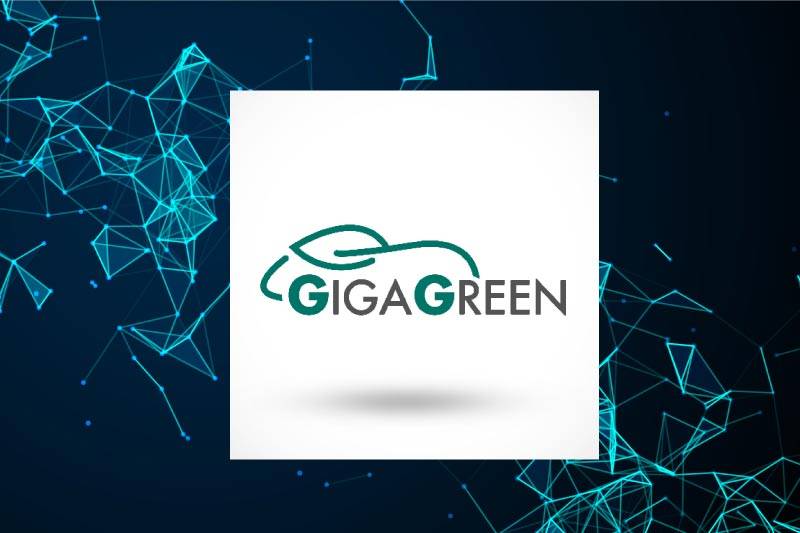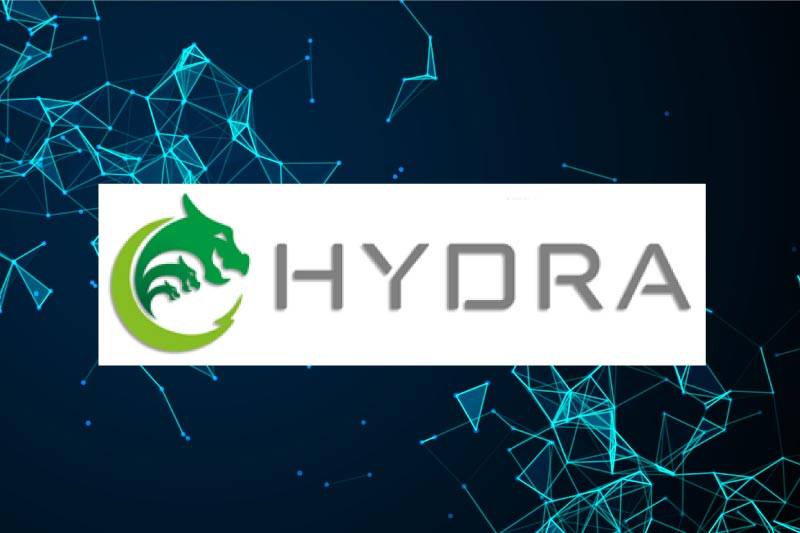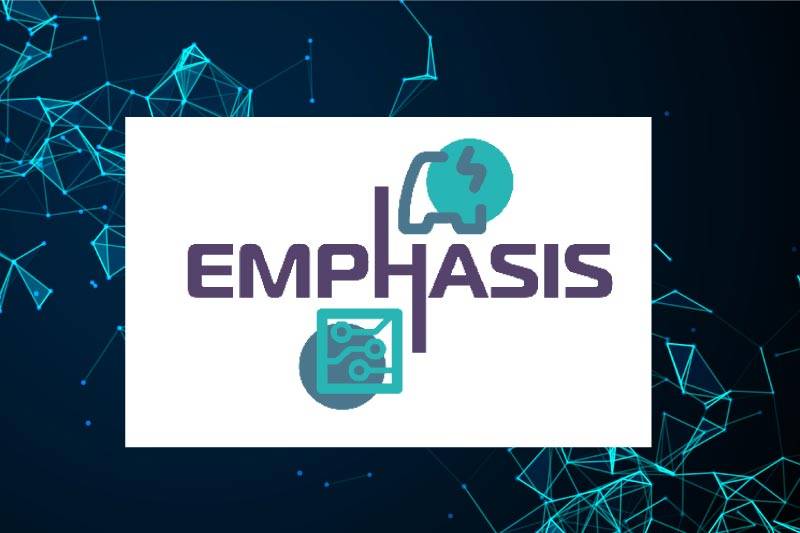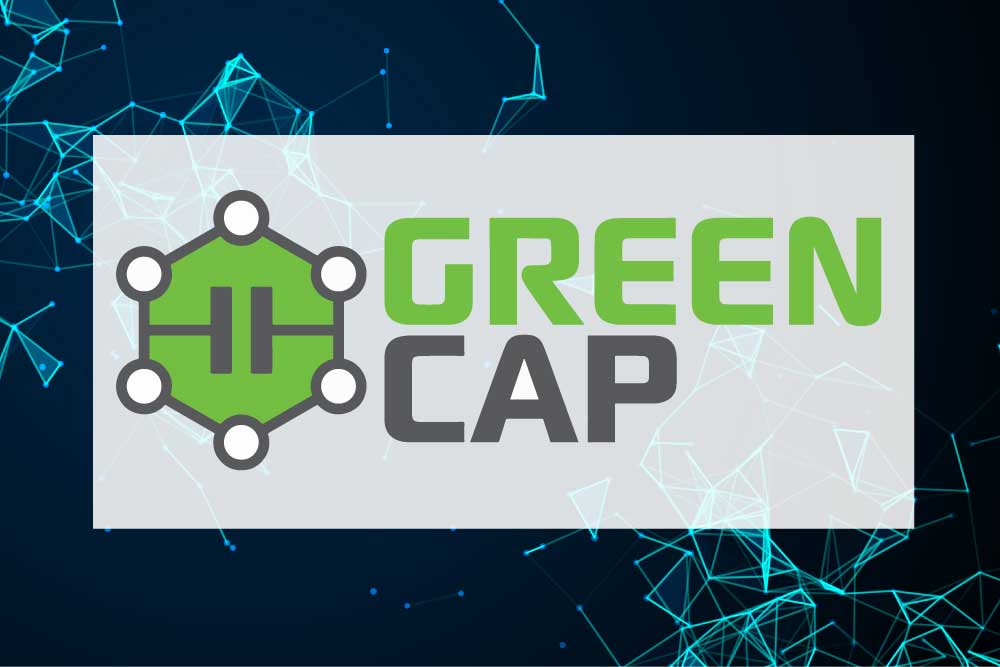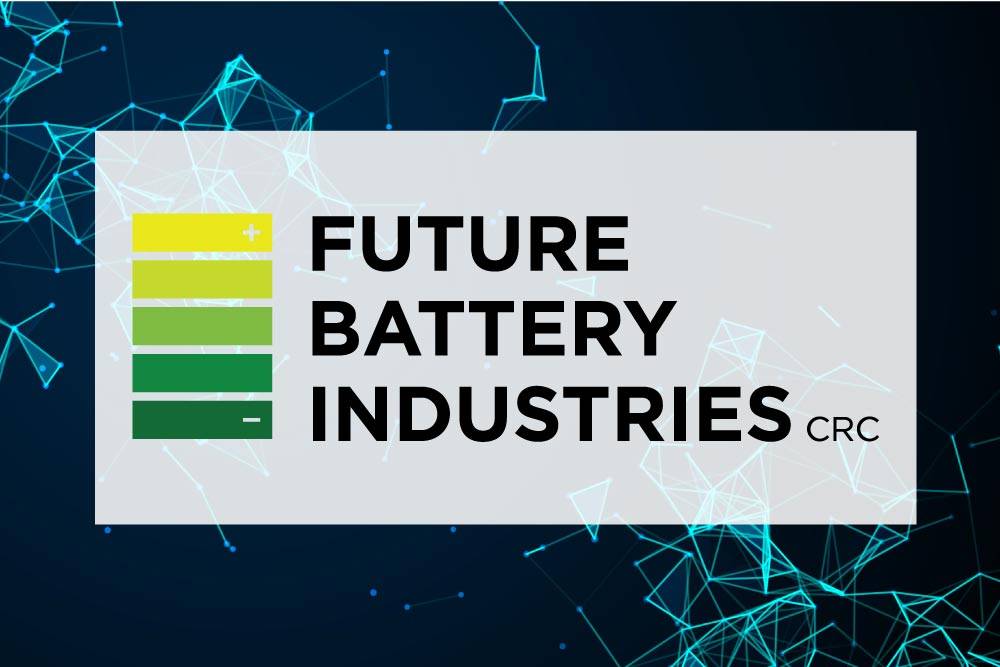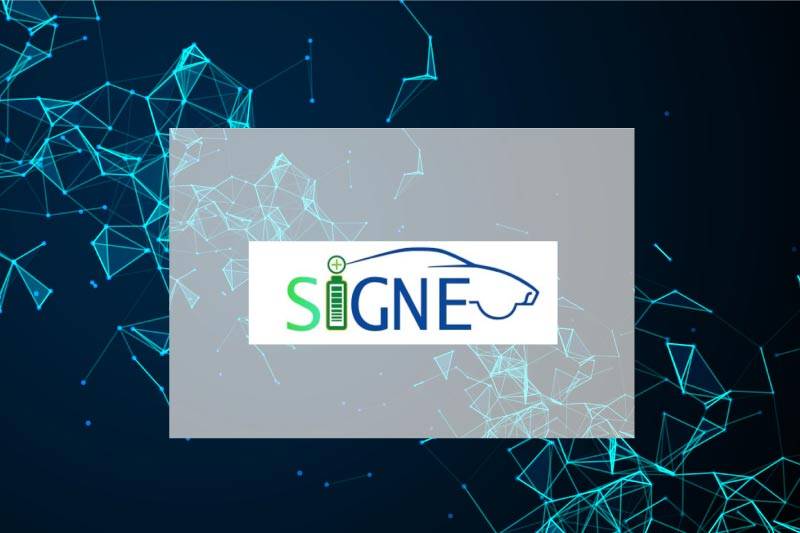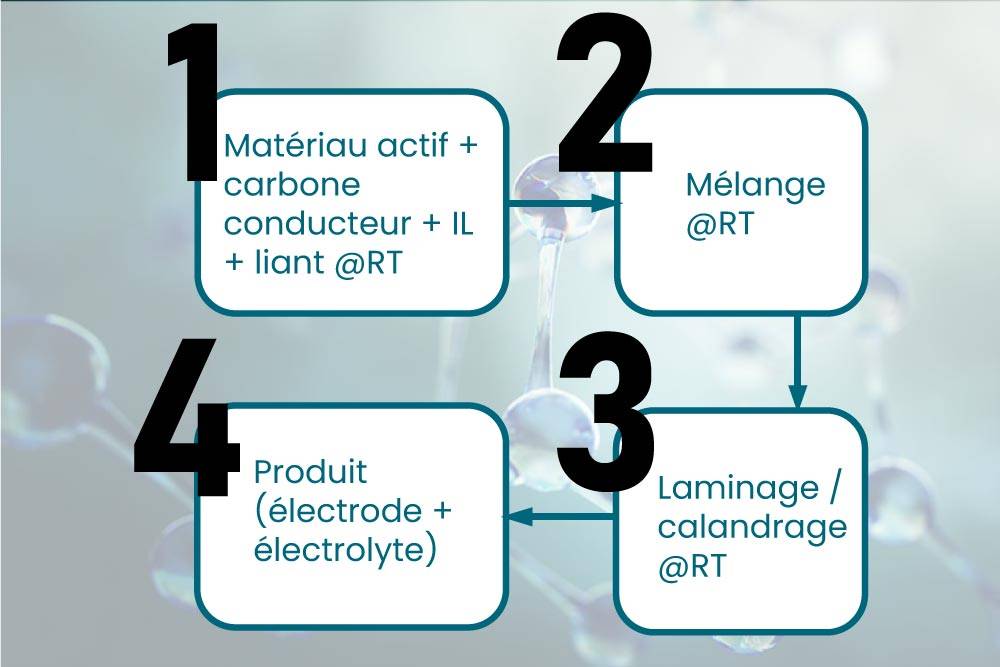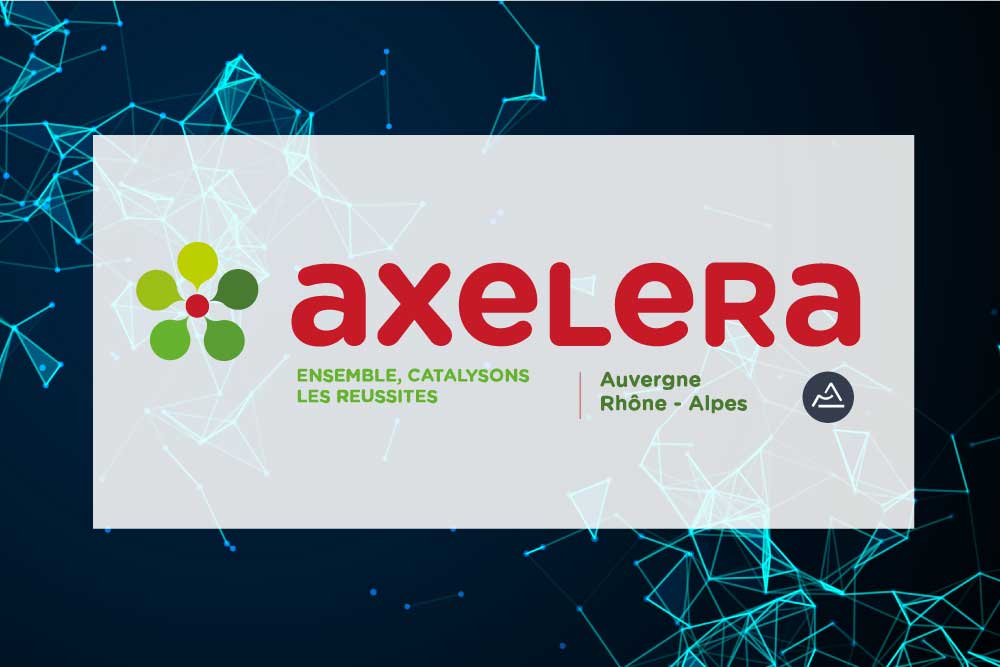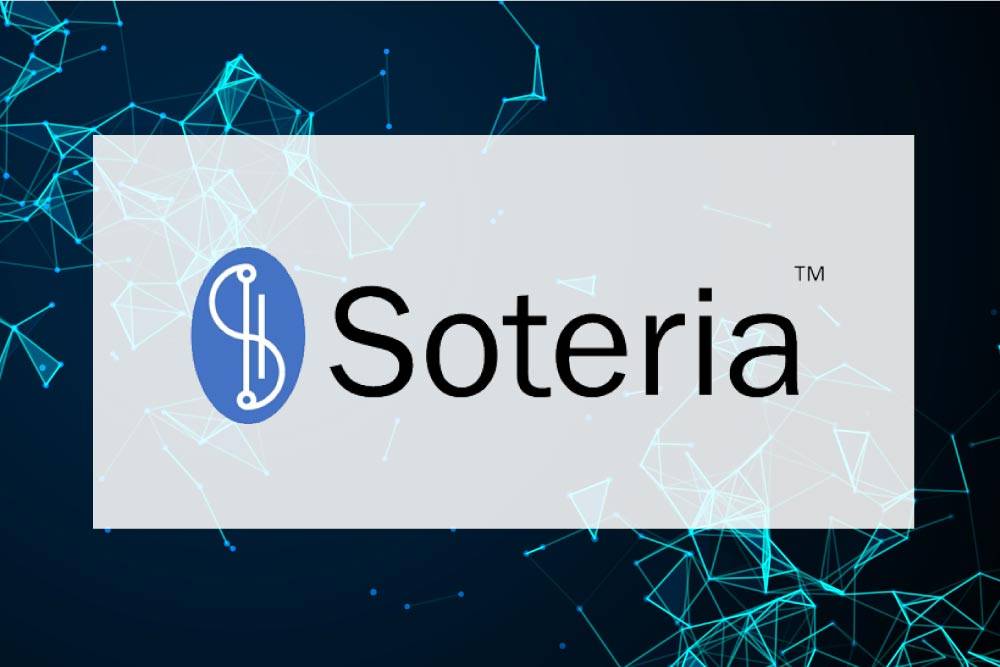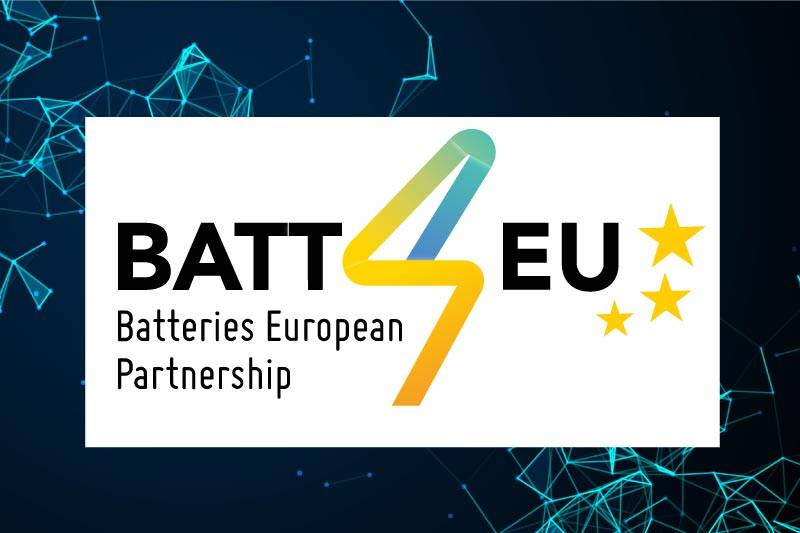GIGAGREEN proposes a structured research plan to develop and scale up novel electrode and cell component manufacturing processes that follow a Design to Manufacture approach in line with Europe’s strategic goal of becoming a global leader in the Li-ion battery value chain.
This means that GIGAGREEN seeks for :
- minimum environmental impact and energy consumption
- cell designs which facilitate the re-use and disassembly
- increase of the cost-efficiency and safety of processes and products,
- high-throughput technologies able to be easily scaled up and automated in the context of industry 4.0/5.0 gigafactories.

